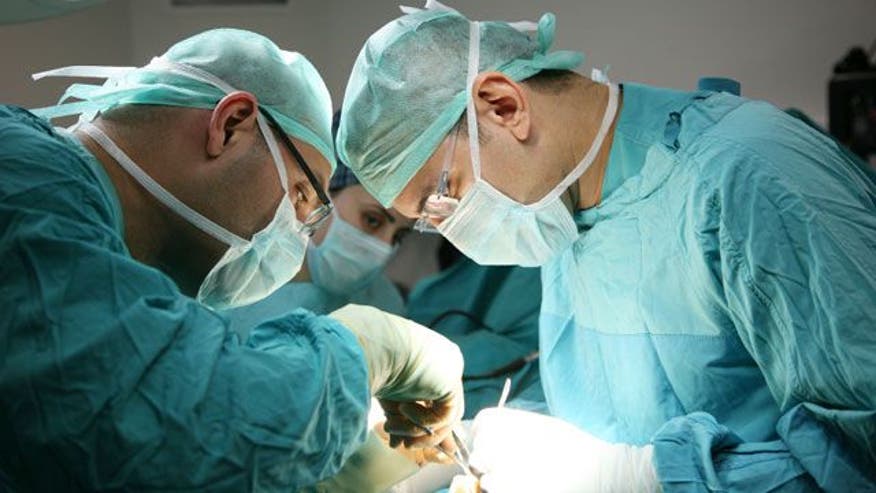More men with breast cancer are opting to get both breasts removed, even the healthy one, a new study finds.
Between 2004 and 2011, the rates of contralateral prophylactic mastectomies in men nearly doubled, with 5.6 percent of men with breast cancer undergoing the operation in 2011, compared with 3 percent in 2004, according to the study. A contralateral prophylactic mastectomy is an operation to remove a healthy, unaffected breast after a diagnosis of invasive cancer in the other breast.
However, this type of mastectomy isn't always necessary, the researchers cautioned in their study, published Sept. 2 in the journal JAMA Surgery.
"[The operation] is only recommended for a small proportion of men," and the rates observed in the new study are higher than this proportion, said Dr. Ahmedin Jemal, vice president of surveillance and health services research at the American Cancer Society and the lead researcher on the study.
Moreover, there's a lack of evidence to suggest that such mastectomies help patients live longer, Jemal told Live Science.
In the study, the researchers looked at data from the North American Association of Central Cancer Registries on 6,332 men who had breast cancer in one breast. All of the men underwent surgery between 2004 and 2011.
The researchers found that, over the study period, 1,254 men underwent breast-conserving surgery, 4,800 men underwent a single-breast mastectomy and 278 men underwent contralateral prophylactic mastectomy. On average, the men who opted to remove both breasts were younger than those who didn't, and rates of these mastectomies decreased with the men's age, the researchers said.
The researchers were not surprised by the increase in rates, especially because the pattern has already been observed in women, Jamel said. The rates of such mastectomies in women drastically increased in the past two decades, rising from 2.8 percent of women with cancer in one breast in 1998 to 11 percent in 2011.









0 التعليقات:
إرسال تعليق